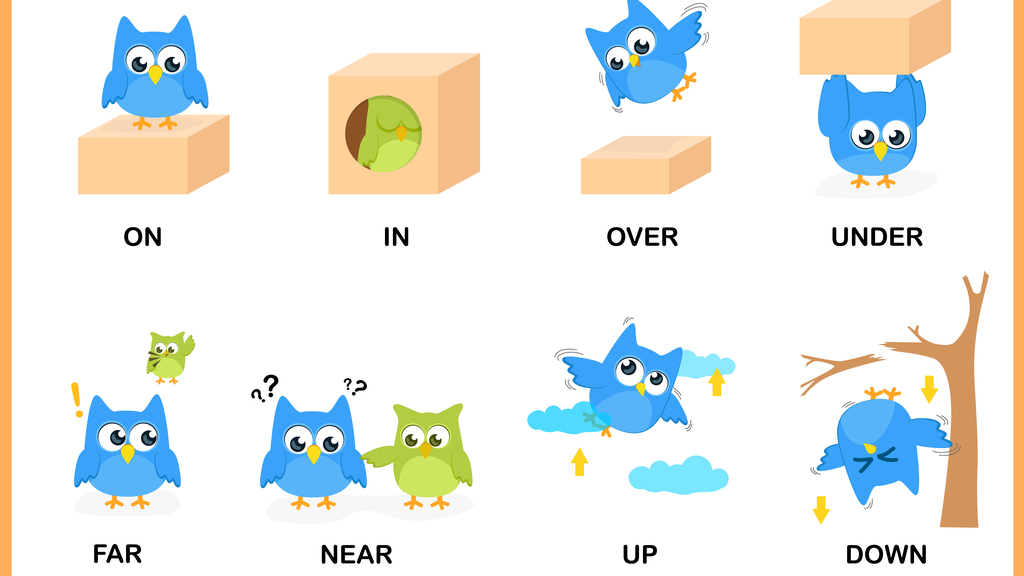英文介詞容易出錯的3個原因
發布時間: 2016/01/15 15:37
最後更新: 2016/01/15 15:37

▲ 相片來源:iStock
學習英文哪裏哪裡?十個當中有八個會說介詞(preposition)。難在哪裡?多數人覺得介詞捉摸不定,沒有一定的規則,很容易用錯。
其實沒有那麼複雜,先了解甚麼是介詞,每一個英文字都代表一個概念,把概念組合起來就變成一個句子。看似簡單的介詞,就是介在這些字(概念)之間,把它們串起來,產生關係,於是我們的概念與文字就有了秩序,語意也更清楚。
以下是3個很容易用錯的介詞以及用錯的3個原因:
一、多用了介詞:
有些動詞本身就是及物動詞,不必加介詞。
例句:
1. 他提到那個計劃案嗎?
(錯誤)Did he mention about the proposal?
(正確)Did he mention the proposal?
2. 我看見她進了銀行。
(錯誤)I saw her enter into the bank.
(正確)I saw her enter the bank.
二、少用了介詞:
有些動詞是不及物動詞,一定要接介詞,但是句型結構的關係,經常就忽略。
例句
1. 他的話值得一聽。
(錯誤)What he said is worth listening.
(正確)What he said is worth listening to.
2. 你贊成她的選擇嗎?
(錯誤)Do you approve her choice?
(正確)Do you approve of her choice?
三、錯用了介詞:
錯用介詞的情況比較複雜,可能是中文干擾,也可能是因搞不清搭配關係或是忽略語境而錯:
1. 太陽從東方升起。
(錯誤)The sun rises from the east.
(正確)The sun rises in the east.
2. 我5分鐘後到達。
(錯誤)I will be there after 10 minutes.
(正確)I will be there in 10 minutes.
(節錄)
撰文 : 世界公民文化中心





